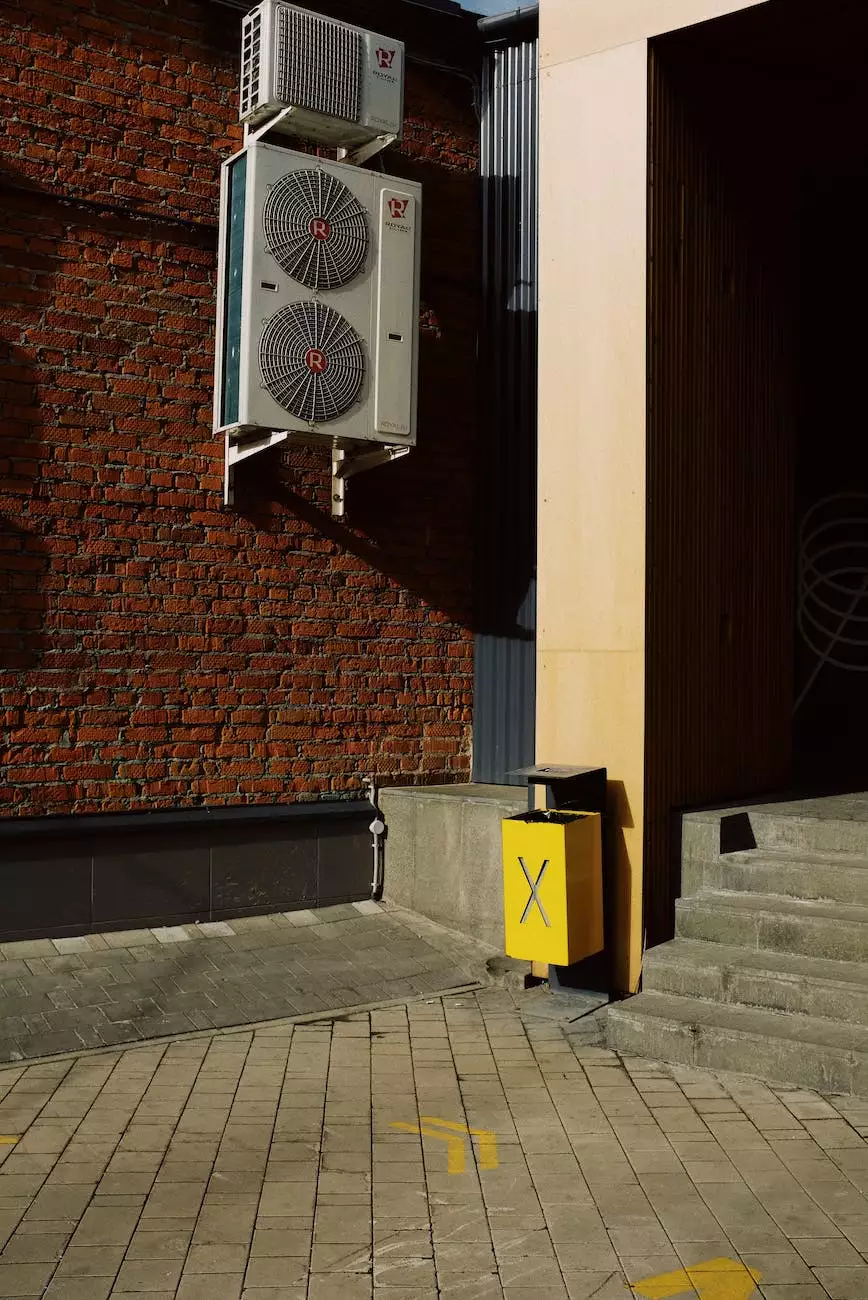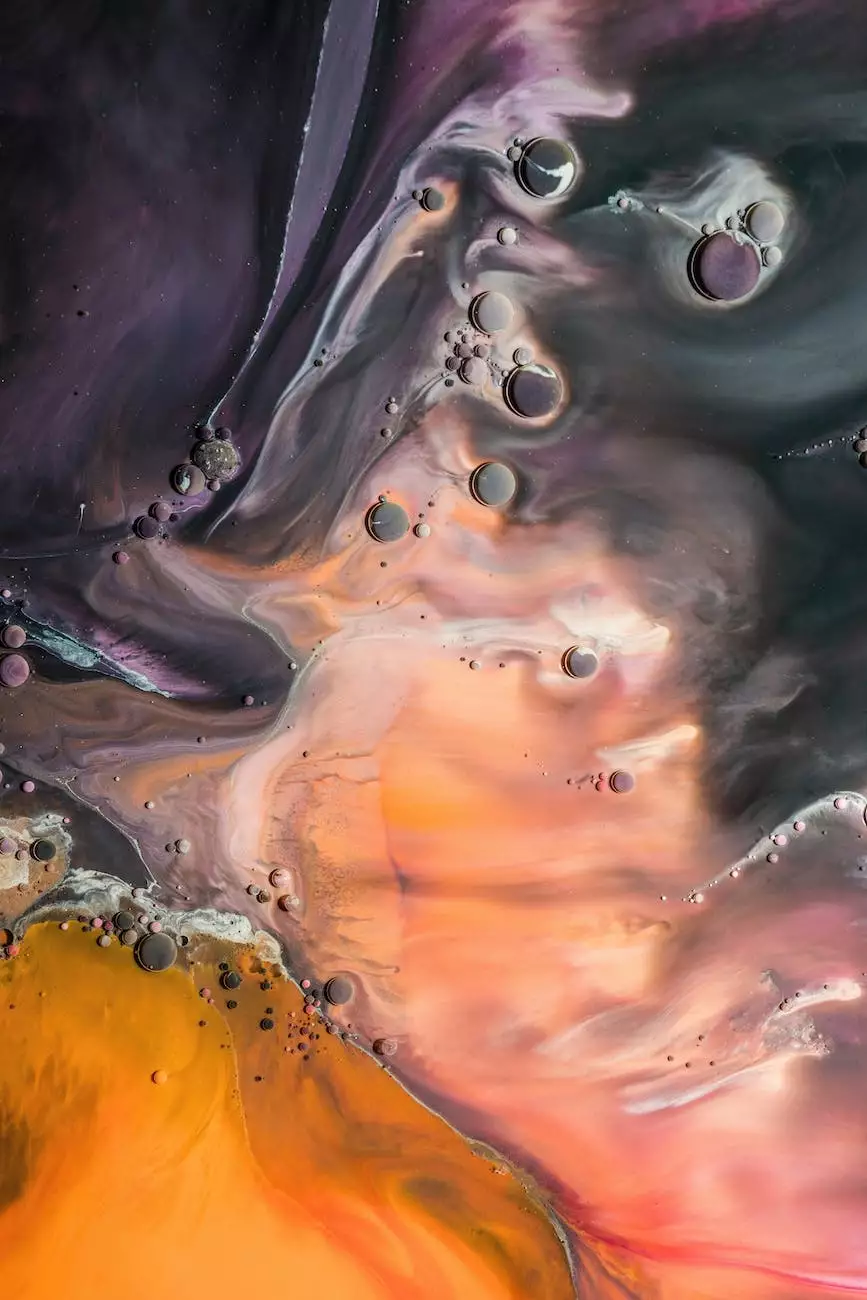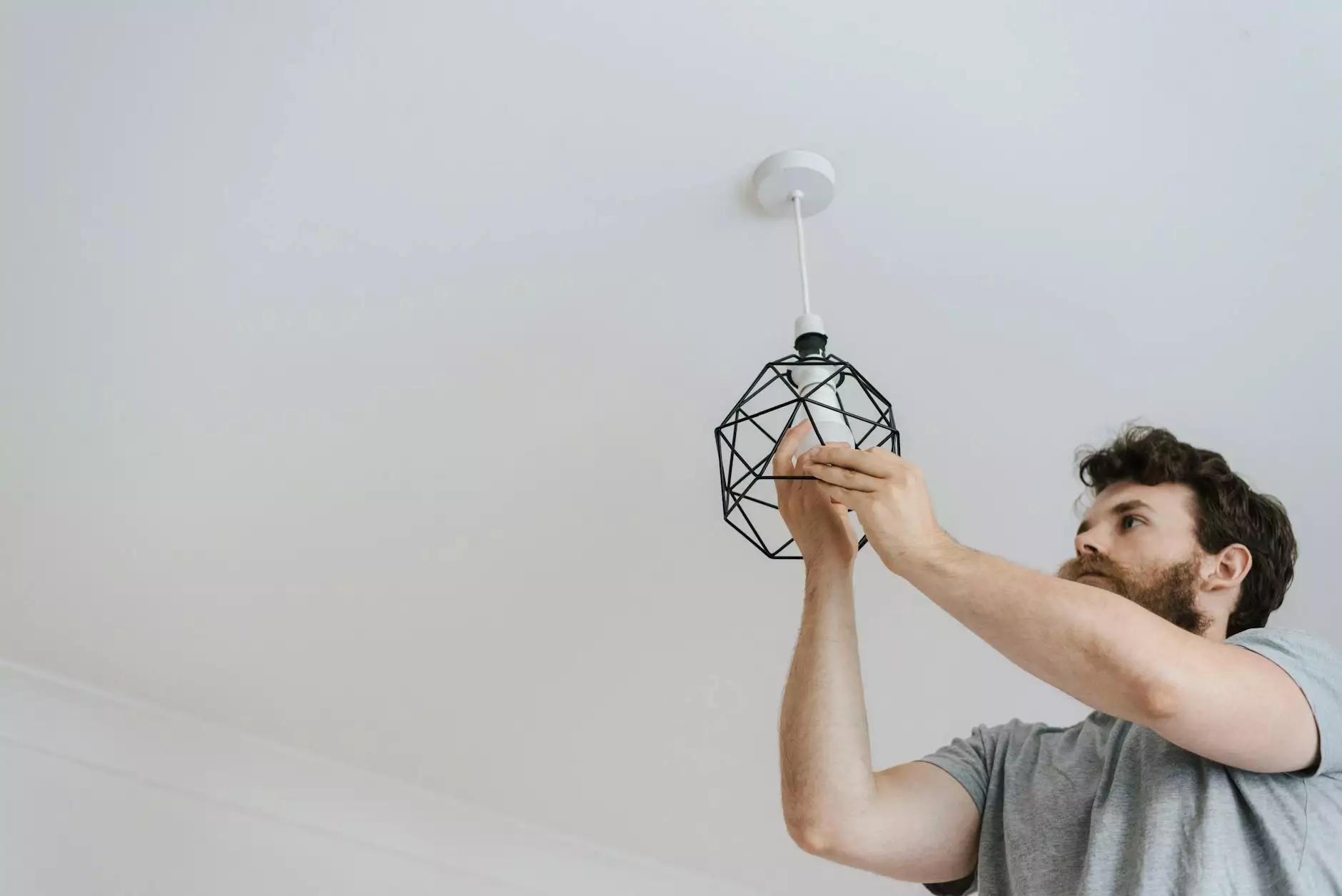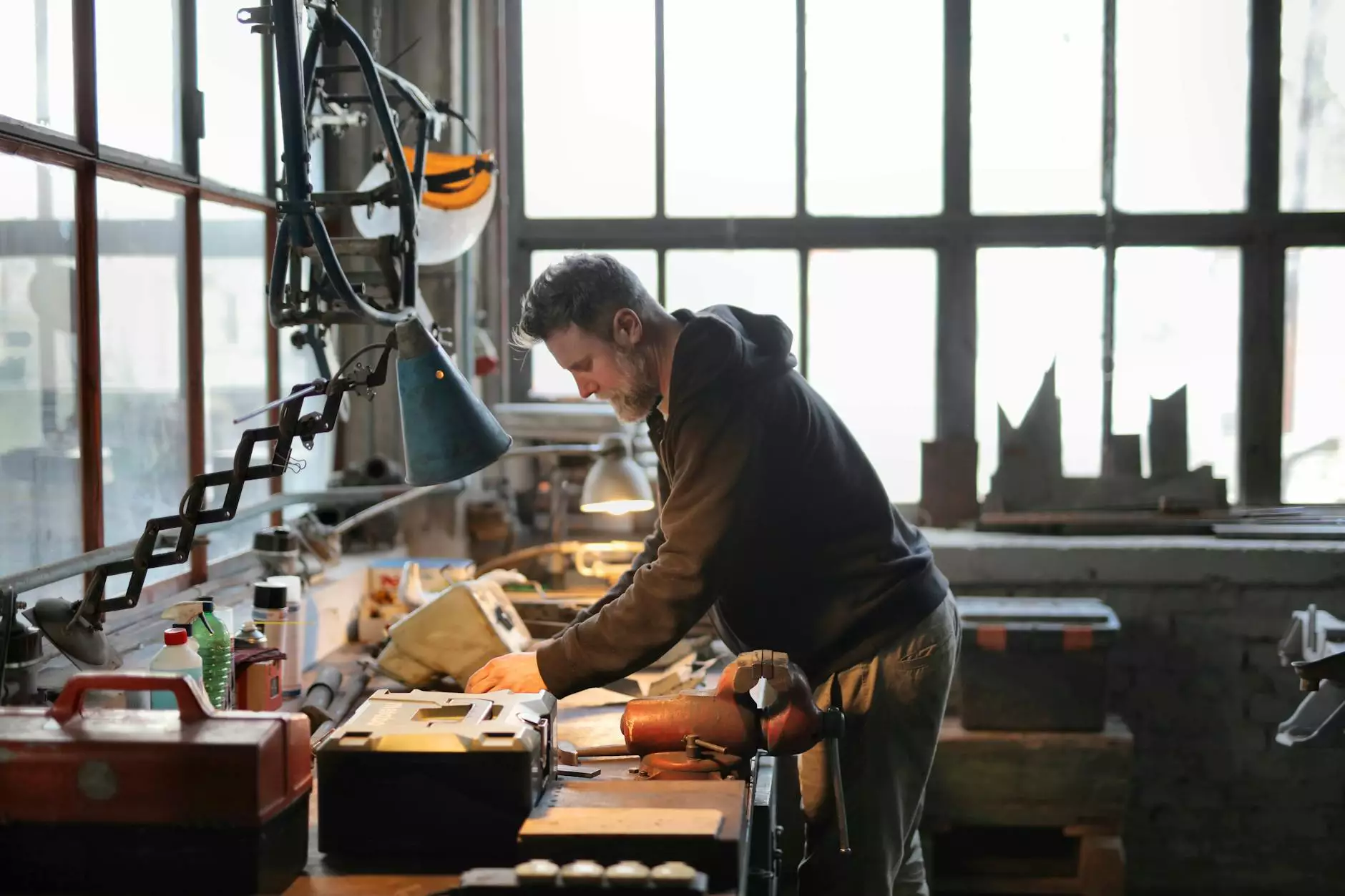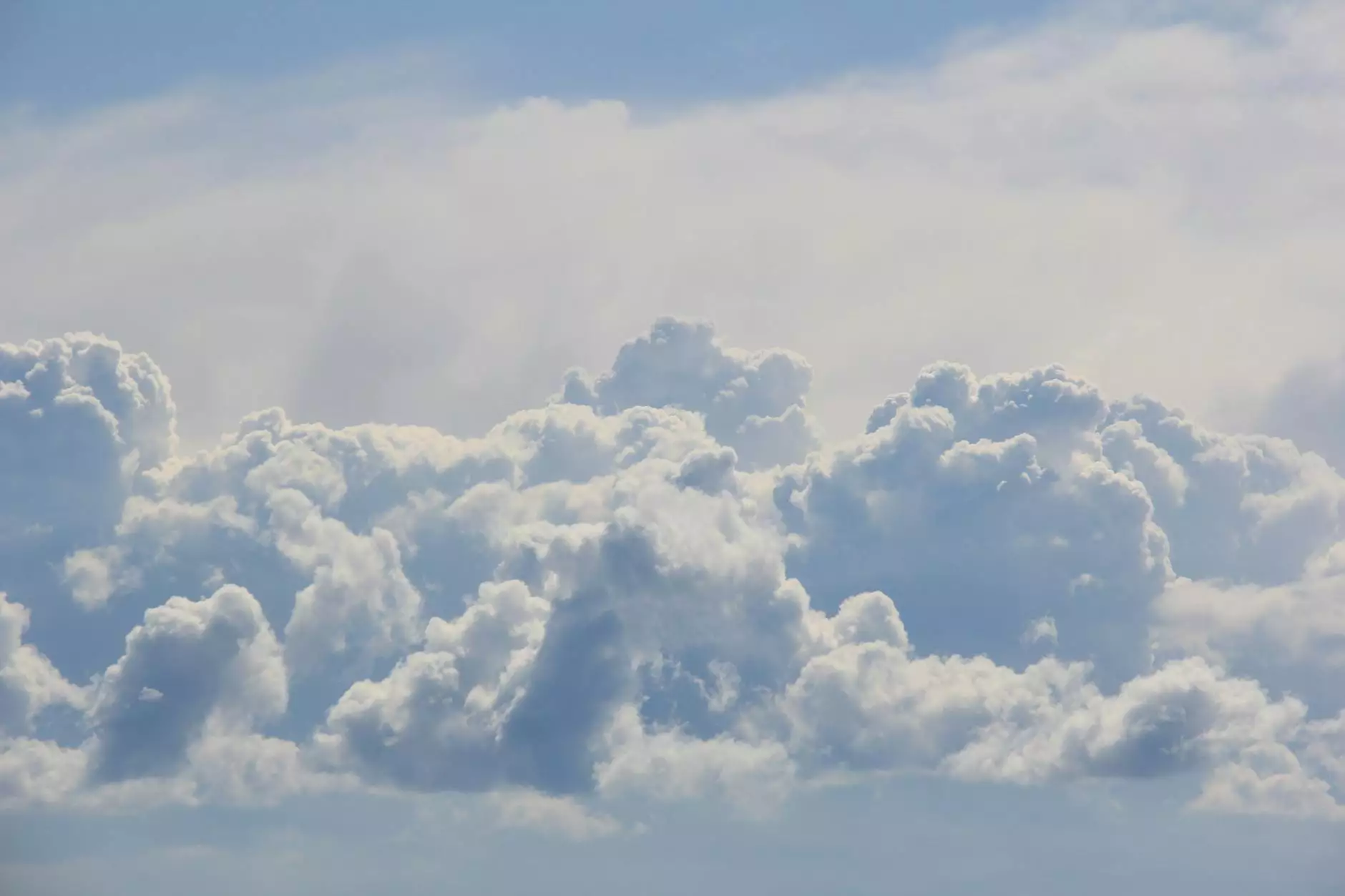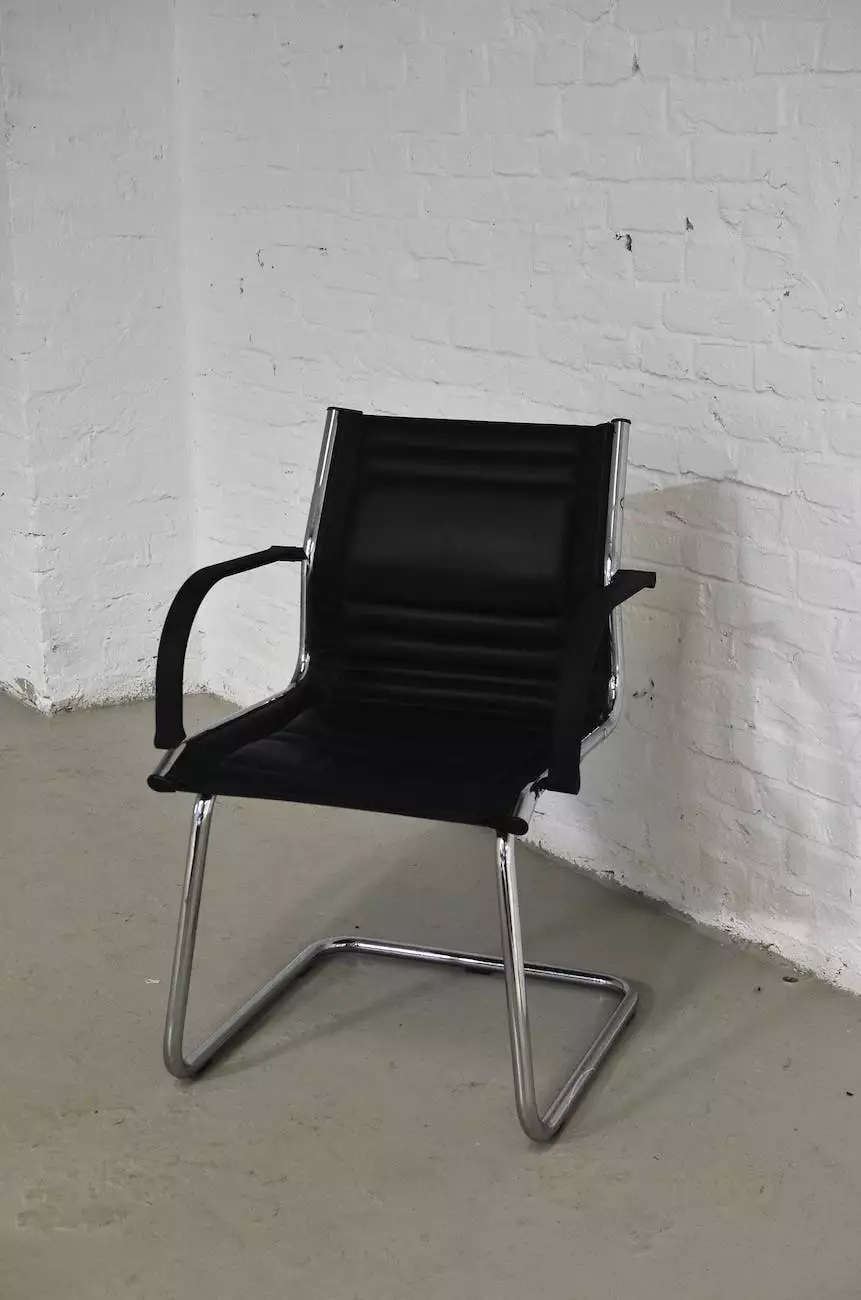The Roles and Responsibilities of HVAC Installers
Services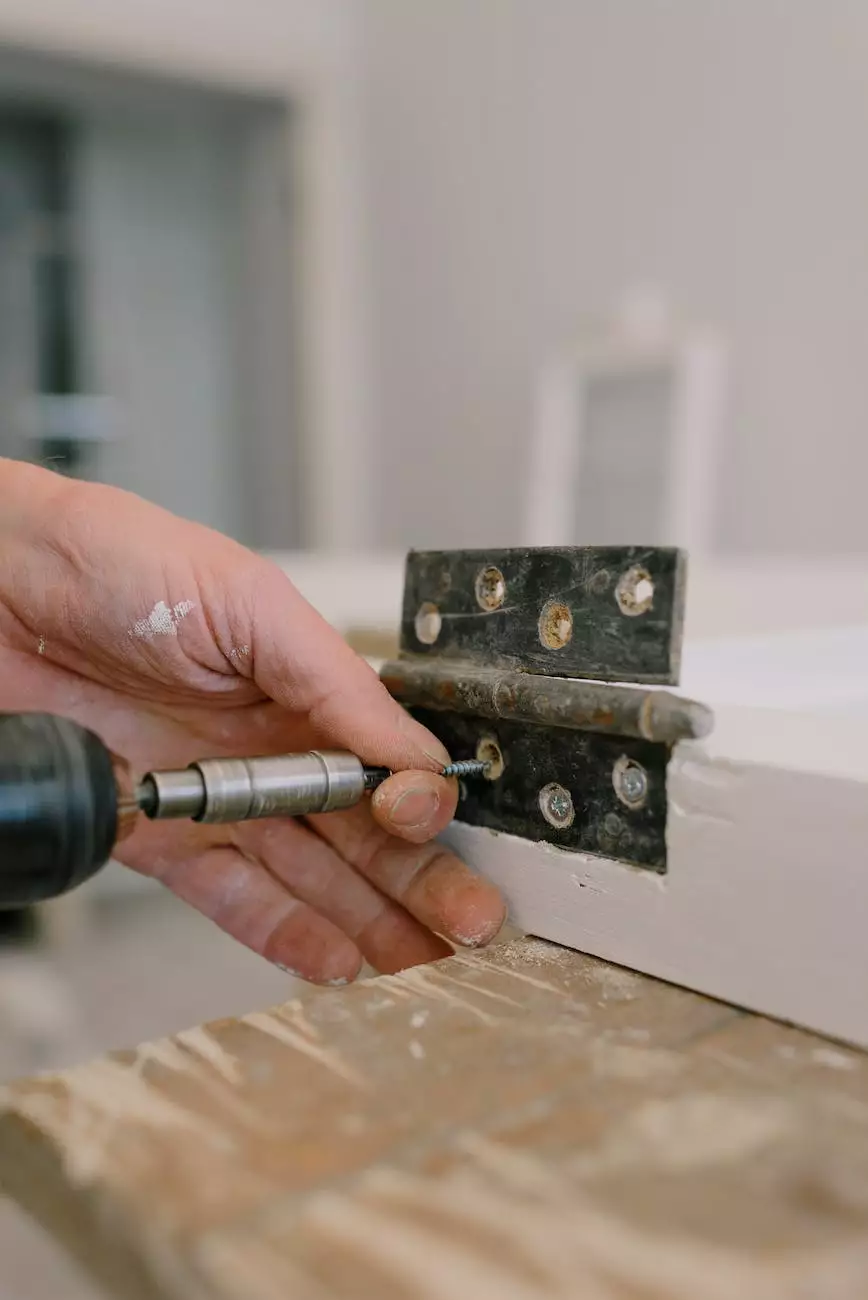
Introduction
Welcome to Alpine Heating & Air Conditioning, where our team of experienced HVAC installers ensures top-notch installations for residential and commercial properties. In this comprehensive guide, we will delve into the roles and responsibilities of HVAC technicians, highlighting their expertise and dedication to providing exceptional service.
Understanding HVAC Systems
Before we delve into the roles and responsibilities of HVAC installers, let's briefly understand what HVAC systems are. HVAC stands for Heating, Ventilation, and Air Conditioning. These systems are responsible for regulating temperature, humidity, and indoor air quality in buildings. HVAC installers play a crucial role in the installation, maintenance, and repair of these systems.
The Expertise of HVAC Installers
HVAC installers at Alpine Heating & Air Conditioning possess a broad skill set to deliver high-quality installations. They undergo extensive training to understand various HVAC system components, electrical systems, and refrigerants. Our technicians are certified and equipped to handle complex installations efficiently and safely.
Roles and Responsibilities of HVAC Installers
1. Installation of HVAC Systems
One of the primary responsibilities of HVAC installers is to install new HVAC systems in residential and commercial properties. This includes analyzing building blueprints, determining the most suitable location for components, and ensuring proper placement of ductwork and vents. Installers also ensure the correct electrical connections and test the system for optimal performance.
2. System Maintenance and Repair
HVAC installers are responsible for performing regular maintenance on HVAC systems to ensure their longevity and efficiency. This includes inspecting, cleaning, and replacing components such as filters, coils, and fans. Installers also troubleshoot and repair any issues that may arise, ensuring that the system operates at its full potential.
3. Compliance with Safety Regulations
Ensuring safety is of utmost importance for HVAC installers. They adhere to industry safety standards and regulations while installing and maintaining HVAC systems. This includes handling refrigerants safely, following electrical codes, and ensuring proper ventilation. Our technicians prioritize the safety of our clients and comply with all necessary safety protocols.
4. Customer Education
At Alpine Heating & Air Conditioning, we believe in empowering our customers. HVAC installers take the time to educate clients on the proper operation and maintenance of their HVAC systems. They provide valuable insights into energy-saving practices, filter replacement schedules, and troubleshooting tips. Our goal is to ensure that our customers have the knowledge to optimize their HVAC system's performance.
5. Collaboration with Other Professionals
HVAC installers often collaborate with architects, engineers, and other professionals involved in building design and construction. They provide valuable input throughout the planning and installation stages, ensuring that HVAC systems are seamlessly integrated and meet the unique requirements of each project. Effective communication and teamwork are essential for successful collaborations.
Conclusion
In conclusion, HVAC installers at Alpine Heating & Air Conditioning play a crucial role in the efficient installation, maintenance, and repair of HVAC systems. Their expertise, dedication to safety, and commitment to customer satisfaction set our team apart. If you require professional HVAC installation or service, trust the experts at Alpine Heating & Air Conditioning.

